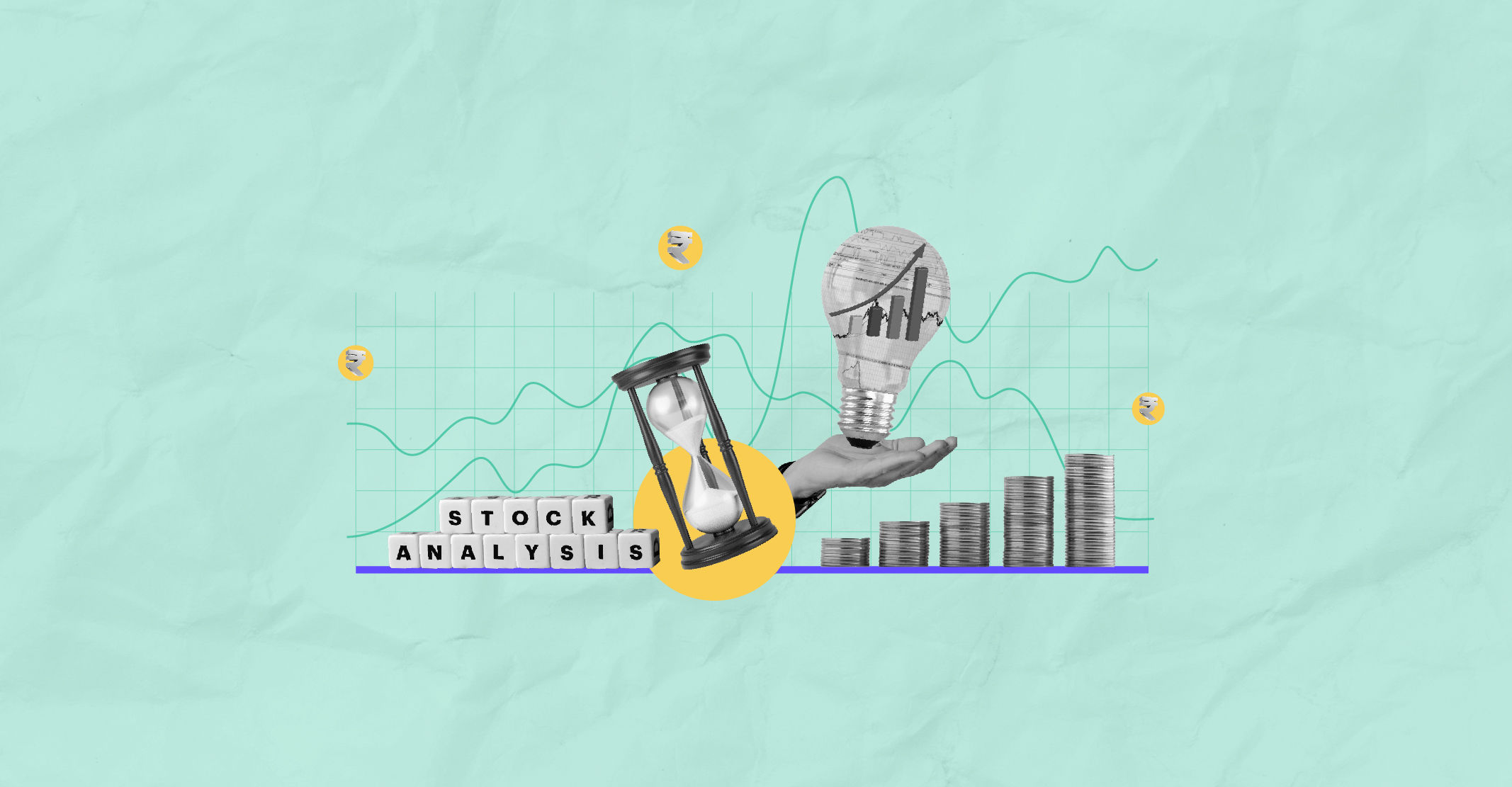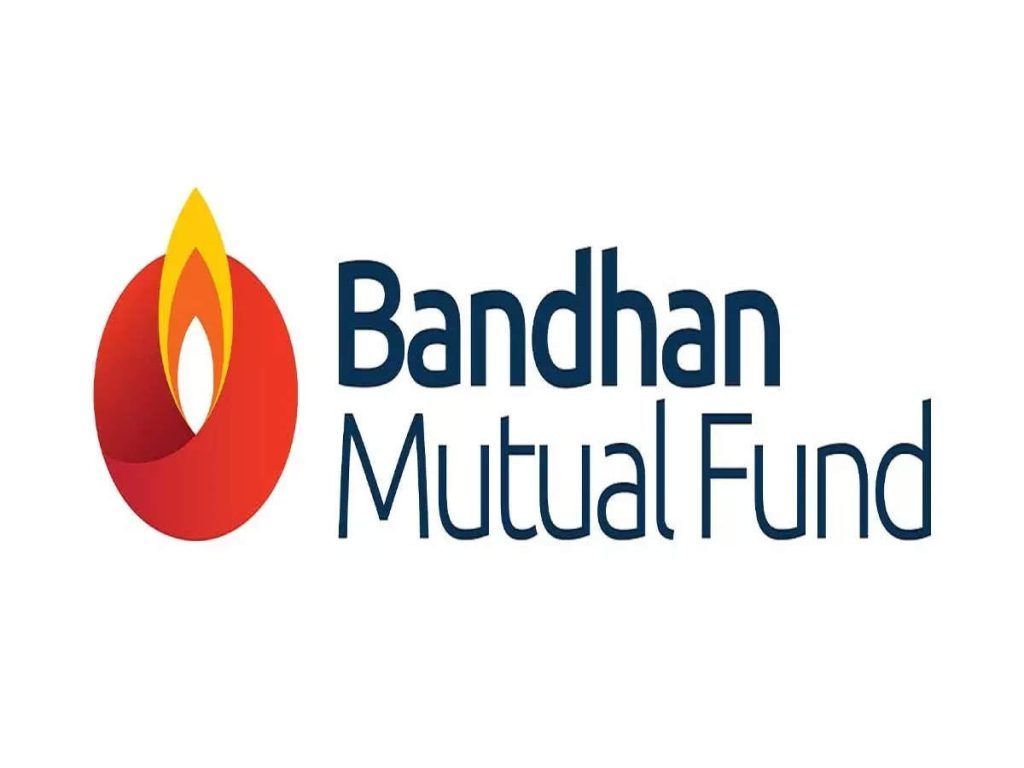RBI MPC Policy: Interest cycle has peaked, rate cuts unlikely before June 2024, says Deutsche Bank
According to the report by Deutsche Bank, the interest rate cycle appears to have peaked and the Reserve Bank of India is unlikely to go for further hikes, unless absolutely necessary. The rate is likely to be cut in June, it said.
.jpeg?updatedAt=1701886893294)
According to a foreign brokerage report, the Reserve Bank of India (RBI)-led Monetary Policy Committee (MPC) is unlikely to change repo rates until June of next year. The MPC meeting of the central bank began on Wednesday, December 6, and the rate decision will be released on Friday, December 8.
The interest rate cycle appears to have peaked, according to Deutsche Bank, and the RBI is unlikely to opt for future raises unless absolutely necessary. According to the report, the interest rate will most likely be reduced in June.
The repo rate was last raised by the RBI on February 23, when it was increased to 6.5 percent. Short-term rates are holding around 6.85-6.9 percent, which is 35-40 basis points (bps) higher than the repo rate, as the RBI continues to maintain tight liquidity. A basis point is a tenth of a percentage point.
"We anticipate the central bank lowering the policy repo rate by 75 basis points in 2024, followed by another 25 basis points in early 2025." Previously, we expected a 100 basis point decrease in repo rates in 2024, beginning in April 2024, but given that the Fed is likely to begin cutting rates in June 2024, we have pushed back the start of the rate cut cycle to June 2024," Deutsche Bank analysts said.
"We now expect 25 bps rate cuts in each of the quarters beginning from Q2 of 2024 totalling 100bps of easing in FY25, which will likely bring down the repo rate to 5.50 per cent by early 2025," the analysts wrote.
However, many believe the RBI's final decision will be influenced by the Fed's rate decision. If the Fed hikes rates in early 2024 or does not decrease rates for the entire year, the RBI's rate-cutting cycle may be delayed.
According to the estimate, India's economy will more than quadruple in size by the end of the decade, with per capita income nearly doubling to $4,500 by 2030. ''Even before the end of this decade, India is likely to overtake Japan and Germany as the third largest economy behind the United States and China,'' said the analysts.
Deutsche Bank, on the other hand, reduced their prediction for the next two years, citing the current low interest rate environment. "We expect real gross domestic product (GDP) growth to slow down in FY25 and FY26 to 6.3 per cent and 6.2 per cent, respectively, from a likely 6.8 per cent in FY24," the researchers said.














.jpeg?updatedAt=1698845748675)




